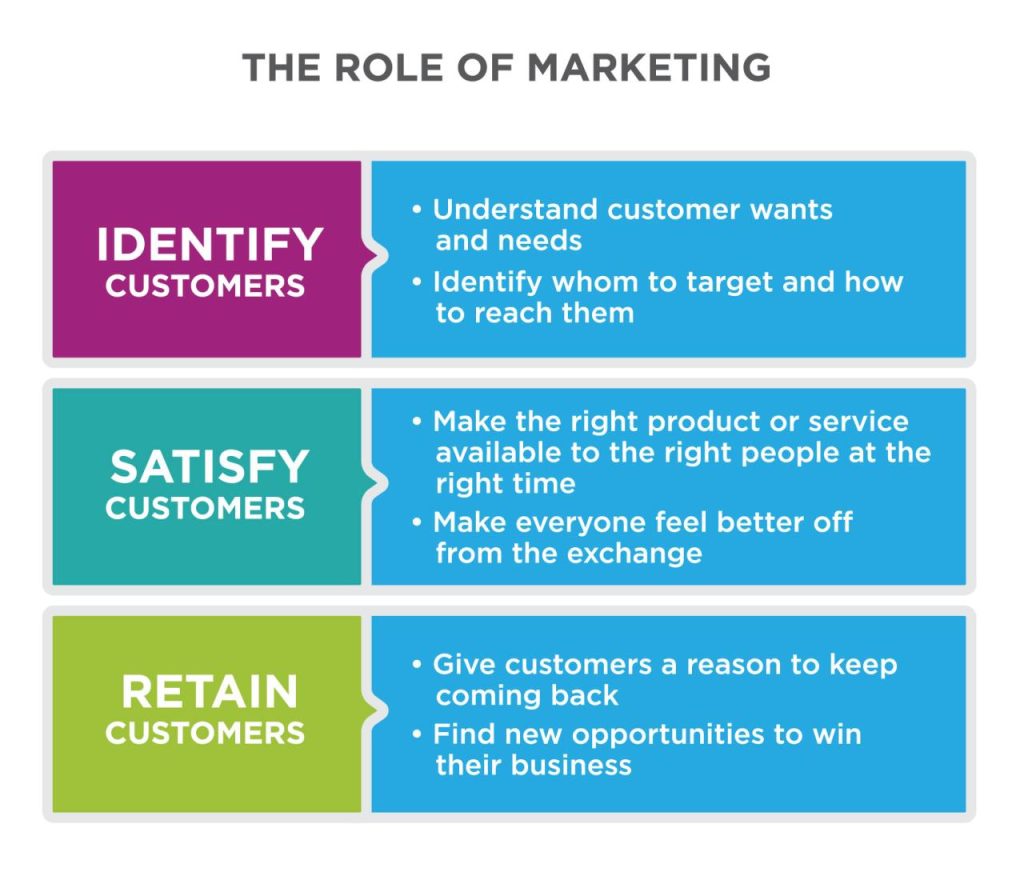Selling Travel Insurance Through E-Commerce Platforms is an innovative approach that blends the convenience of online shopping with the essential need for travel protection. As global travel continues to rise, the importance of securing adequate insurance coverage has never been more apparent. E-commerce platforms provide a unique opportunity for both consumers and businesses to streamline the purchasing process, making it easier than ever for travelers to find and secure the right insurance policies for their trips.
This integration not only helps to enhance customer experience but also opens up new avenues for businesses looking to broaden their market reach. By leveraging e-commerce technology, sellers can effectively communicate policy details, compare options, and provide support, ensuring that travelers are well-informed and confident in their insurance choices.
In the ever-evolving landscape of the digital world, the importance of online presence cannot be overstated. Businesses, regardless of size, are constantly navigating the complexities of the internet to attract and retain customers. A well-crafted online strategy is essential, and at the heart of this strategy lies the art of content creation. Content creation is more than just writing articles or posting on social media; it’s about storytelling, engaging audiences, and establishing a brand’s voice.
High-quality content serves multiple purposes: it educates potential customers, builds trust, and drives traffic to your website. In this article, we will explore various aspects of content creation, including its significance, effective strategies, and tips for producing compelling content that resonates with your audience.### The Significance of Content CreationIn today’s digital age, content is king. It is the medium through which businesses communicate their values, products, and services.
The significance of content creation can be broken down into several key elements:
1. Brand Awareness
Through consistent and quality content, brands can increase their visibility. Content that is informative and entertaining is more likely to be shared, thereby expanding a brand’s reach.
2. Search Engine Optimization ()
Search engines favor websites that regularly produce fresh, relevant content. By optimizing content with relevant s, businesses can improve their search rankings, making it easier for potential customers to find them.
3. Customer Engagement
Engaging content encourages interaction. Whether through comments, shares, or likes, effective content fosters a community around a brand. This not only enhances customer loyalty but also provides valuable feedback for businesses.
4. Establishing Authority and Credibility

Quality content positions businesses as industry leaders. When a brand consistently provides valuable insights and information, it builds credibility among its audience, making them more likely to choose that brand over competitors.### Strategies for Effective Content CreationCreating effective content entails more than just crafting a few catchy phrases. It requires strategic planning and execution. Here are some strategies to consider:
1. Know Your Audience
Understanding your target audience is crucial. Conduct market research to identify their needs, preferences, and pain points. Tailoring your content to address these aspects will make it more relevant and impactful.
2. Develop a Content Calendar
Consistency is key in content creation. A content calendar allows you to plan and schedule your content in advance, ensuring that you maintain a steady stream of fresh material.
3. Diversify Content Formats
Different formats appeal to different audiences. Consider incorporating blog posts, videos, infographics, podcasts, and social media updates into your content strategy. This not only keeps your audience engaged but also caters to varied learning preferences.
4. Leverage User-Generated Content (UGC)
UGC can be a powerful tool in content creation. Encourage your customers to share their experiences with your brand through reviews, testimonials, or social media posts. This not only provides you with authentic content but also fosters a sense of community.
5. Analyze and Adapt
Use analytics tools to measure the performance of your content. Track metrics like engagement rates, conversion rates, and website traffic to gauge what works and what doesn’t. Be prepared to adapt your strategy based on this data.### Tips for Producing Compelling ContentProducing compelling content requires creativity, skill, and an understanding of effective communication. Here are some tips to enhance your content creation process:
1. Craft Attention-Grabbing Headlines
The first impression counts, and headlines play a crucial role in this. An effective headline should be concise, informative, and evoke curiosity, encouraging readers to click through and engage with the content.
2. Tell a Story
People are hardwired to respond to stories. Use storytelling techniques to convey your message. This not only makes your content more relatable but also enhances emotional engagement with your audience.
3. Use Visuals
Incorporating visuals such as images, charts, and videos can significantly enhance your content. Visual elements break up text, making it easier to digest while also drawing attention to key points.
4. Keep It Concise
Online readers often skim content. Aim for clarity and brevity. Use short paragraphs, bullet points, and headers to organize information and make it more digestible.
5. Include Calls to Action (CTAs)
Every piece of content should have a purpose. Whether it’s encouraging readers to subscribe to a newsletter, make a purchase, or share the content, clear CTAs guide the audience on what to do next.### The Future of Content CreationAs technology continues to advance, the future of content creation will evolve in fascinating ways. Here are some trends to watch for:
1. Artificial Intelligence (AI)
AI is becoming an integral part of content creation, from generating written content to analyzing audience behavior. While AI can assist in the creation process, the human touch will remain essential for crafting authentic and engaging narratives.
2. Interactive Content
Audiences are increasingly seeking interactive experiences. Quizzes, polls, and interactive infographics not only engage users but also provide valuable insights into their preferences.
3. Voice Search Optimization
With the rise of voice-activated devices, optimizing content for voice search will become increasingly important. This will require a shift in strategy and a focus on natural language.
4. Personalization
Personalized content experiences are on the rise. Leveraging data to tailor content to individual user preferences will enhance engagement and conversion rates.
5. Sustainability and Ethical Content
As consumers become more conscious of social and environmental issues, brands will need to focus on creating content that reflects sustainable practices and ethical values.### ConclusionIn conclusion, content creation is a vital component of any successful digital marketing strategy. It serves not only to inform and engage but also to build a brand’s identity and authority. By understanding the significance of content, employing effective strategies, and producing compelling material, businesses can navigate the complexities of the digital landscape, ultimately leading to growth and success.
Embracing the future of content creation, with its emerging trends and technologies, will be essential for brands looking to thrive in an increasingly competitive market. As the landscape continues to evolve, staying adaptable and innovative will be key.
FAQ: Selling Travel Insurance Through E-Commerce Platforms
Why is selling travel insurance online beneficial?
Selling travel insurance online is beneficial due to its convenience, ability to reach a wider audience, and the ease of comparing various policies quickly.
How can I promote travel insurance on my e-commerce site?
Promotion can be achieved through targeted marketing campaigns, engaging content on your website, and offering special deals or discounts on insurance policies.
What are the common types of travel insurance available?
Common types of travel insurance include trip cancellation insurance, medical coverage, baggage loss, and emergency evacuation.
Can travelers purchase insurance last minute?
Yes, many e-commerce platforms allow travelers to purchase insurance up to the day of their departure, providing flexibility and peace of mind.
Are there any age restrictions for buying travel insurance?
Some travel insurance policies may have age restrictions or different coverage options based on the traveler’s age, so it’s important to read the policy details carefully.






